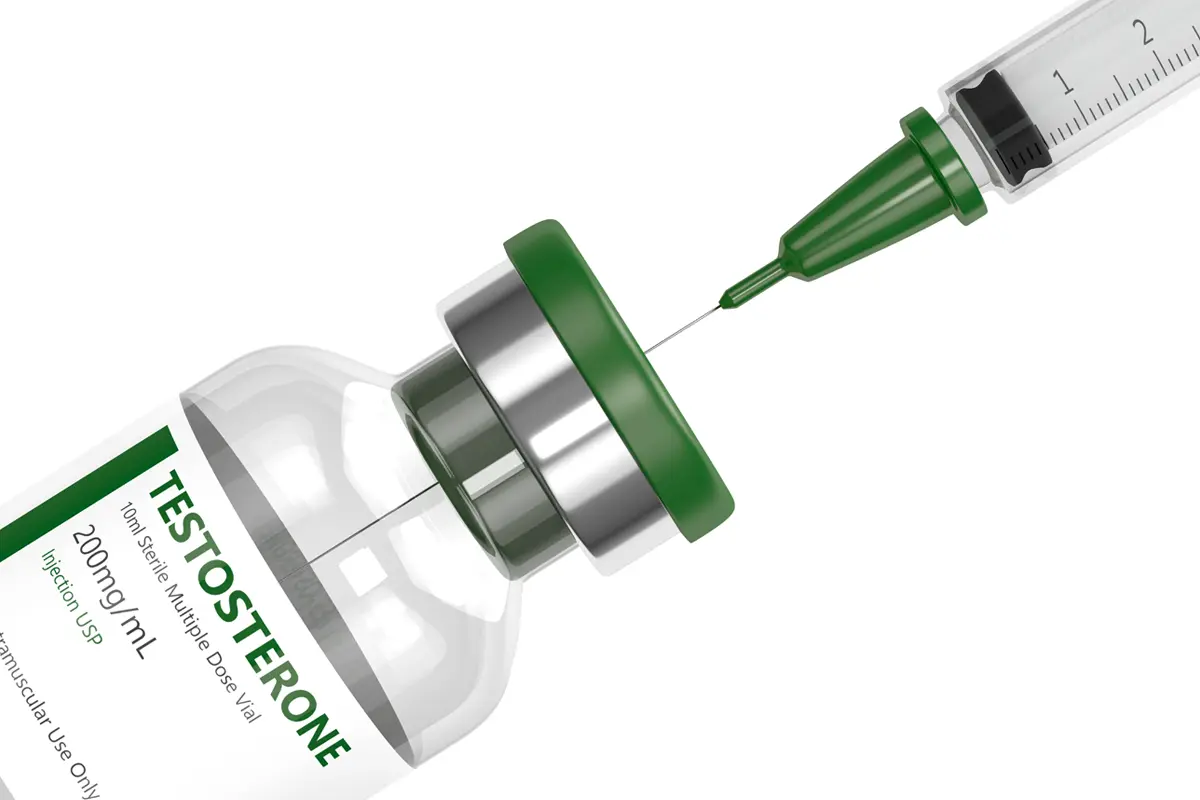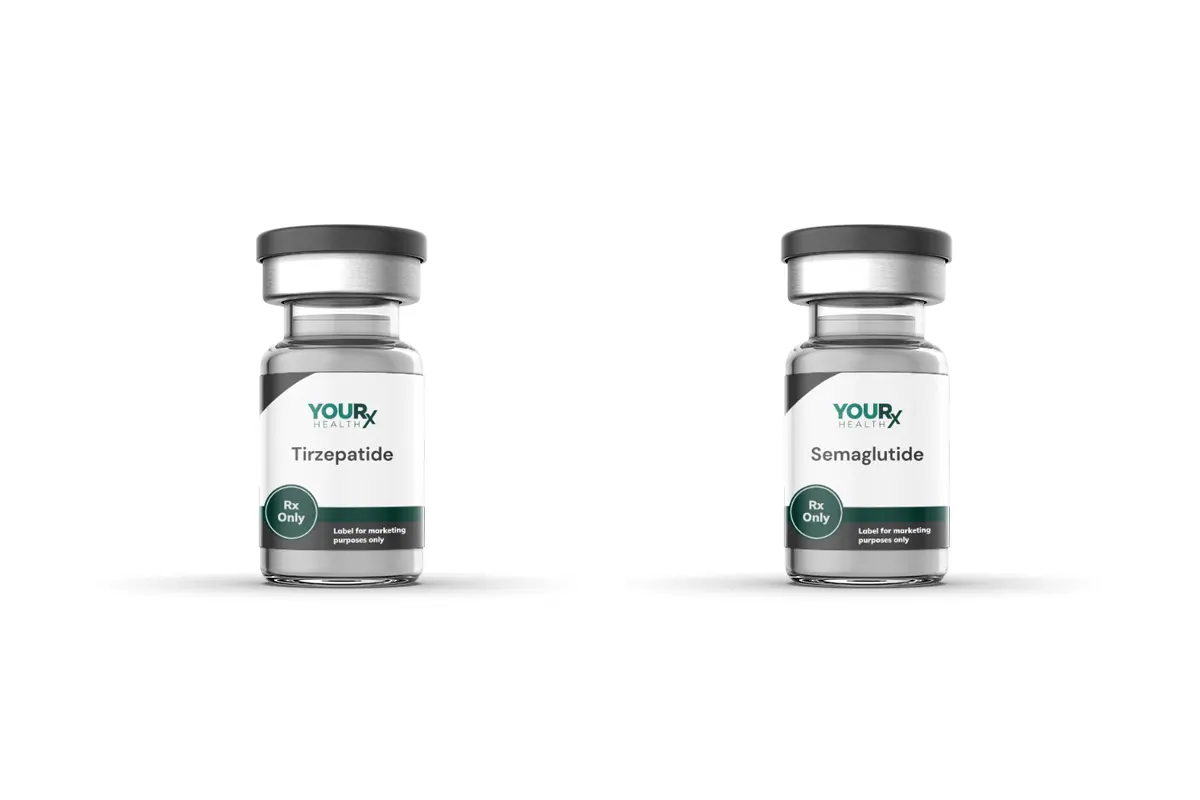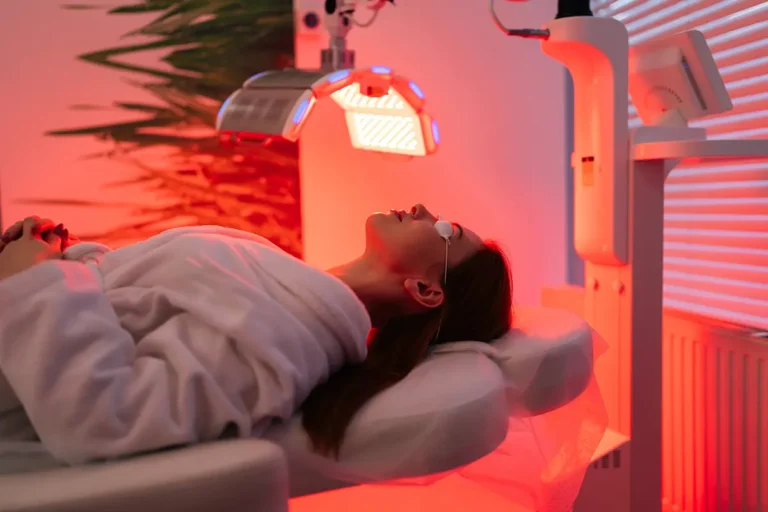
Written by
Jessica Guht
Medical & Health Writer | Wellness Enthusiast | MEng in Biomedical Engineering
Jessica is a medical writer with an unquenched thirst to discover something new. She believes that medical content should be universally accessible and strives to write content that everyone, no matter their background, can understand. Credentials: MEng in Biomedical Engineering from Rutgers University.
While testosterone is known as a sex hormone, its influence stretches far beyond sexual functioning and fertility. In fact, this hormone doesn’t just affect the typically male organs; it can influence the brain.
Testosterone And Your Brain
Testosterone is the primary male sexual hormone and plays a role in
- Regulating male sexual characteristics
- Growing reproductive organs
- Producing sperm
- Distributing muscle mass
- Producing red blood cells
- Regulating sex drive
However, testosterone can also influence the brain, and it may have more of an influence on your mood than you may naturally accredit it with.
For those with too little testosterone, the mental and cognitive effects can include irritability, depression, and poor concentration.
One of the signs of low testosterone is higher levels of stress, which can manifest in a poorer mood. Fatigue is another symptom of low testosterone, which can then affect cognitive functioning simply because you feel too tired to think clearly.
Testosterone may also be associated with promoting higher levels of serotonin, which is a chemical in the brain that promotes a good mood. For those with low testosterone levels, serotonin levels may be lower, which can then contribute to a low mood or anxiety.
Effects of Too Much Testosterone on Mood
As with all hormones, balance is key when it comes to testosterone levels. This is especially apparent in regard to your mood. For instance, if your testosterone levels are too high, you may experience severe mood swings, irritability, and impaired judgment. Just like too little testosterone can affect your brain, so can too much.
Knowing how critical it is to find the right balance of testosterone makes it all the more apparent that working with a professional is crucial when it comes to regulating your hormone levels. When undergoing testosterone replacement therapy (TRT), a professional can help you raise your hormone levels without exceeding your body’s unique limit.
How To Improve Mental Health
For those struggling with their mental health, whether it’s depression, poor motivation, or difficulty focusing, the following tips can help:
- Try stress-reducing activities. Stress is a common concern amongst adults of all ages, and it can take a toll on your mental and physical well-being. The solution? Beyond removing the source of stress (which isn’t always feasible), you can learn to reduce stress through various activities, such as exercising, meditating, or engaging in hobbies.
- Get enough sleep. In some cases, if you’re struggling to concentrate during the day, it may be because you’re not getting enough sleep at night. Be sure to prioritize your sleep hygiene and allocate enough time each night to recharge your body.
- Try testosterone replacement therapy. The above tips may only act as a band-aid for your symptoms if the true concern is low testosterone levels. By speaking to a healthcare professional, you can learn if low testosterone levels are behind your poor mental health and discover if TRT can help restore balance.
Improve Your Mental Health with the Help Of TRT
Testosterone is a hormone with wide-reaching effects, and that includes its influence over your mental health. If your testosterone levels are low, all your efforts to improve your mental health and increase your focus are in vain, because your hormones (or lack thereof) are working against you.
YOURx can help you get the TRT you need to stabilize your hormones and, if it’s connected, improve your mental health. Reach out today to see how we can help you feel your best.
References
Johnson, J. M., Nachtigall, L. B., & Stern, T. A. (2013). The Effect of Testosterone Levels on Mood in Men: A Review. Psychosomatics, 54(6), 509–514. https://doi.org/10.1016/j.psym.2013.06.018
Zitzmann M. Testosterone, mood, behaviour and quality of life. Andrology. 2020 Nov;8(6):1598-1605. doi: 10.1111/andr.12867. Epub 2020 Jul 30. PMID: 32657051.




